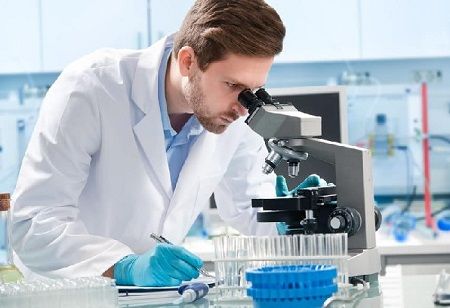Researchers from the Critical Analytics for Manufacturing Personalized-medicine (CAMP) Interdisciplinary Research Group (IRG) at the Singapore-MIT Alliance for Research and Technology (SMART), along with collaborators from the National University of Singapore Tissue Engineering Programme (NUSTEP), have devised a more efficient method for assessing the capability of mesenchymal stromal cells (MSCs) to regenerate cartilage. This innovative approach, detailed in their study published in the journal PLOS ONE, utilizes topological defects in the self-assembly of MSCs to predict their potential for cartilage regeneration.
MSCs hold promise as therapeutic agents for cartilage regeneration, potentially aiding in the creation of new cartilage tissue in the body. Traditionally, evaluating the effectiveness of MSCs for cartilage regeneration involved culturing them in a complex 3D environment for an extended period of 21 days. However, the new method developed by CAMP researchers streamlines the process by employing a simpler 2D monolayer culture system for just 9 days, followed by image capture and analysis. This non-destructive method is not only faster but also more accurate, potentially accelerating the development of cartilage regeneration therapies.
Lead author Dr. Ekta Makhija emphasized the significance of this approach in enabling non-destructive evaluation of MSCs and shortening the assessment period to a mere 9 days. The researchers observed that topological defects in the self-assembled patterns of MSCs could serve as indicators of their potential to regenerate cartilage. By analyzing images captured on days 3, 6, and 9, they identified liquid crystal-like structures with identifiable defects, resembling fingerprint-like patterns associated with early cartilage development stages.
These patterns, known as mesenchymal condensations, indicate the cells' potential for cartilage formation, serving as reliable markers for cartilage regeneration. Overall, the novel method developed by SMART CAMP researchers offers a more efficient and accurate means of evaluating MSCs' ability to regenerate cartilage, potentially paving the way for advancements in cartilage regeneration therapies.

